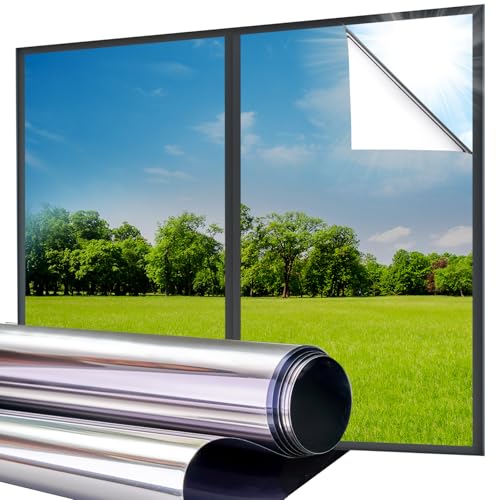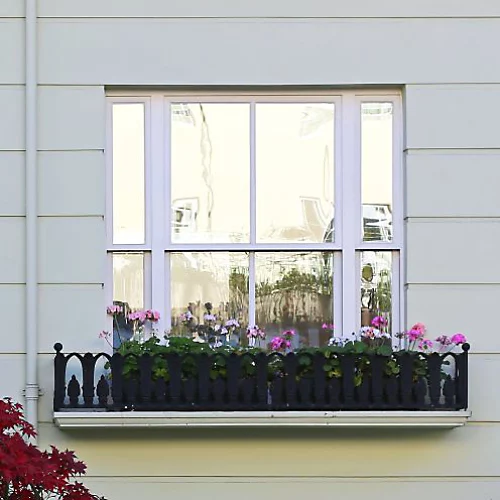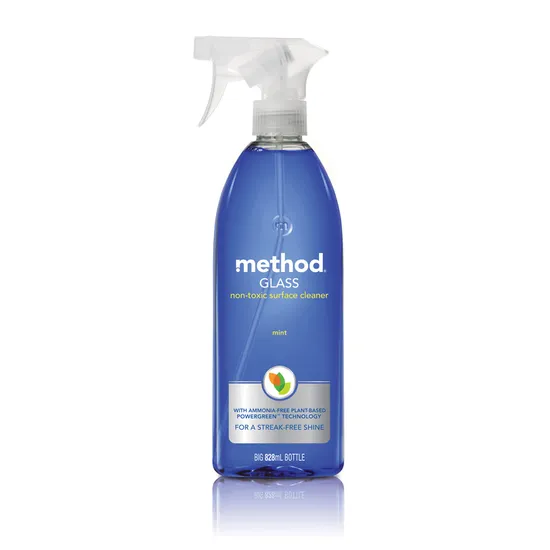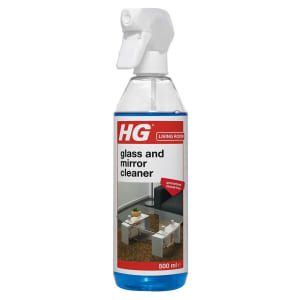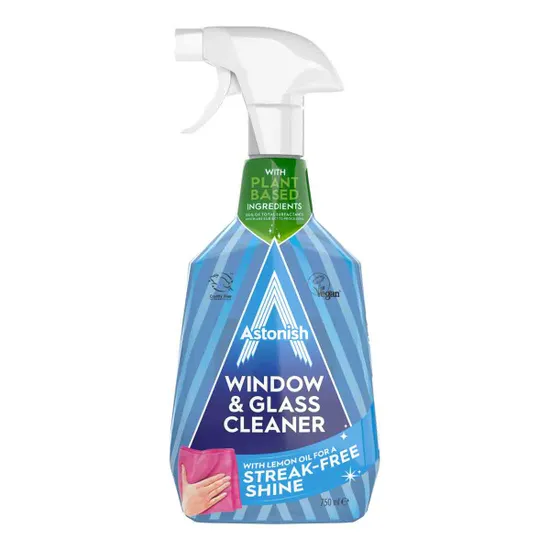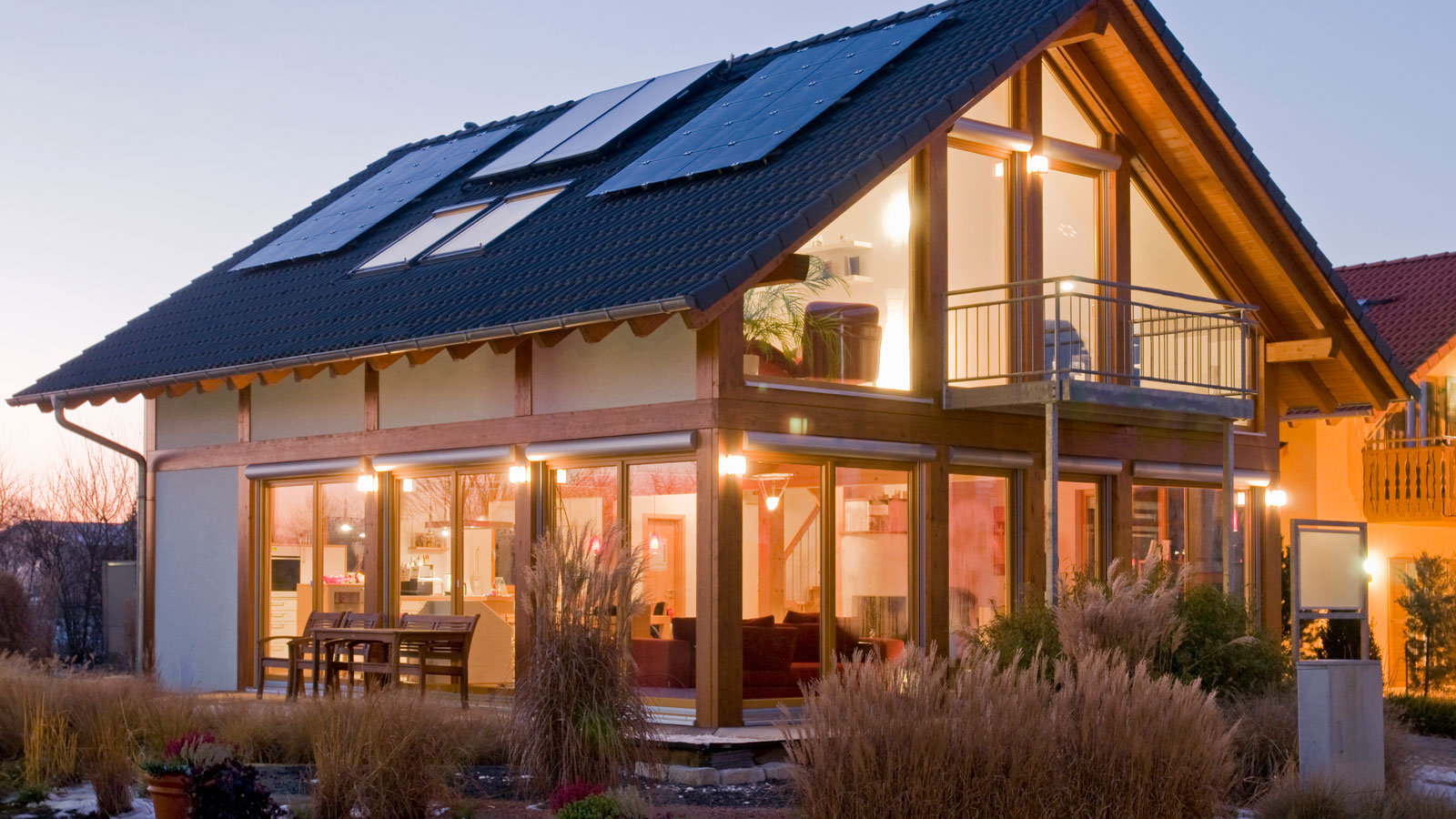7 glazing innovations that can make homes more comfortable, lower maintenance and potentially safer
Think beyond double or triple. These are the clever glazing innovations you should consider
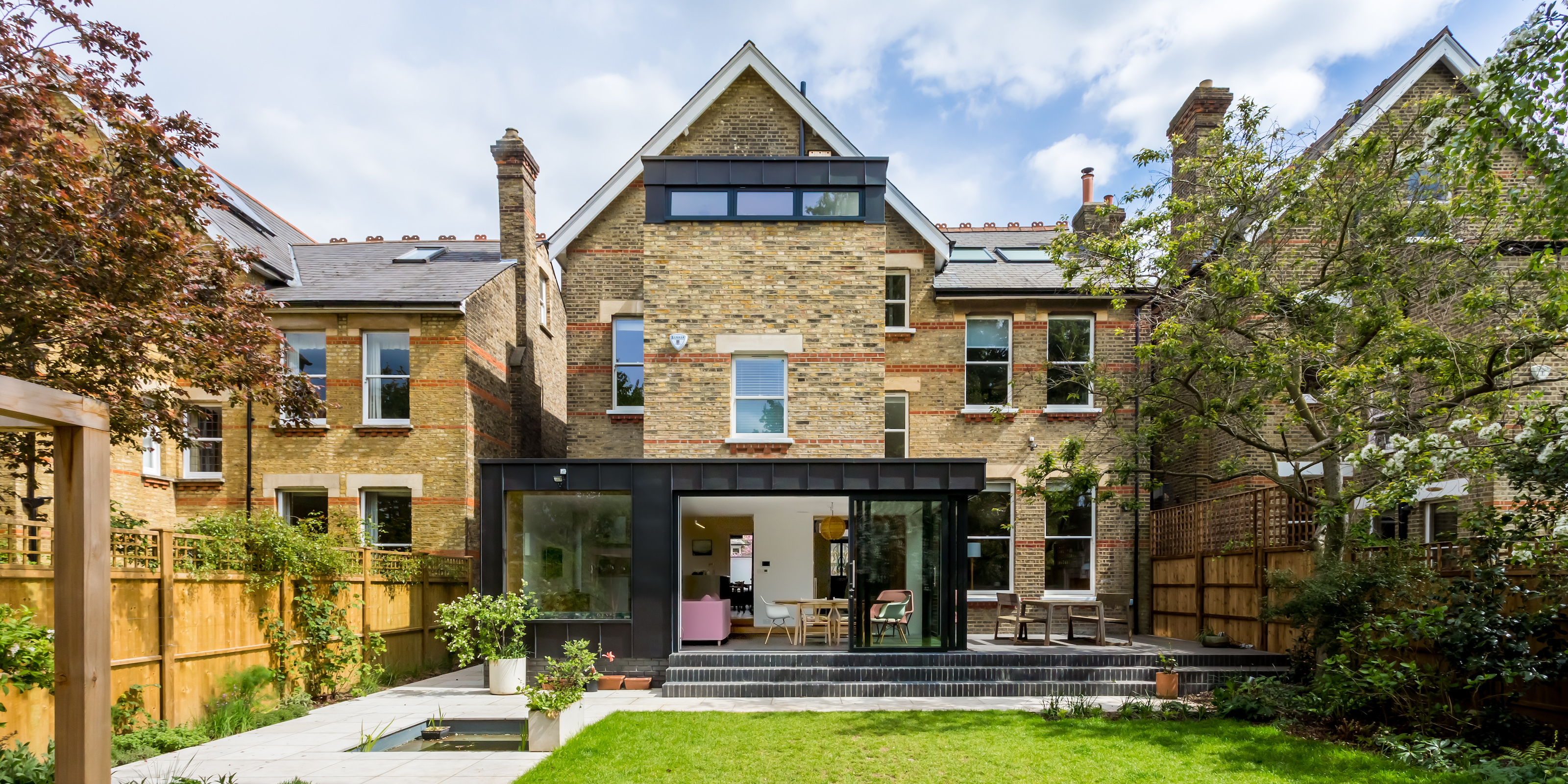
The glass in the windows of your home lets the light in and keeps the weather out – but it can do a whole lot more. Glazing innovations mean that it can offer additional benefits that make life easier, safer, and ensure the conditions inside a home are more comfortable.
Clever glazing solutions can, for instance, reduce exterior noise, prevent south-facing rooms overheating, help prevent birds striking windows, and even clean themselves.
Below, we look at these glazing choices as well as other ingenious designs that could prove the perfect option for your home, bringing clear views and natural illumination while introducing additional benefits.
1. Low iron glass
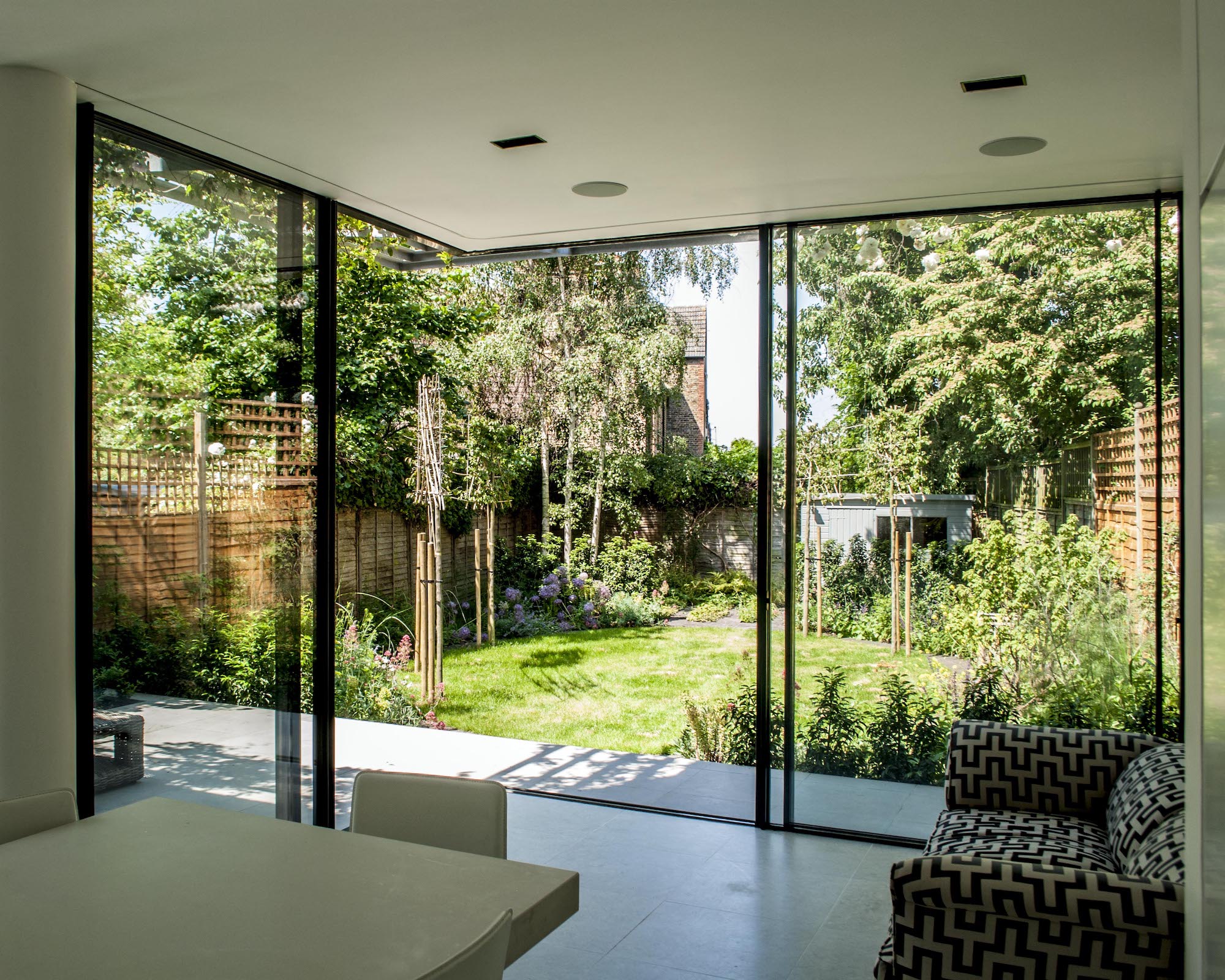
Iron oxide gives glass a green tint, which can may become apparent in some glazing. However, there is a way to avoid this tinge.
“Glass that is made in the UK and Europe is typically made with a mid-iron (extra clear) base as standard these days, which is why European glass is coveted throughout the world as having the best clarity and quality,” explains Rebecca Clayton, director at IQ Glass.
“However, you can also get ‘ultra’ clear, which is what most people refer to as low iron,” she says. “This is most often used for thick glass constructions where a tint would be noticeable due to the thickness of glass. This includes glass floors or other structural glass designs.”

Rebecca Clayton is communications director at IQ Glass. She has many years of experience with the company, which specialises in architectural glazing and installs some of the most pioneering architectural glass technology available today.
2. Quadruple glazing
You might think that your choice for windows is between double glazing and triple glazing but quadruple glazing is an option, too. With four panes and three chambers it can offer improved thermal properties and U-values below the Passivhaus standard: 0.80 W/m²K or less.
Bring your dream home to life with expert advice, how to guides and design inspiration. Sign up for our newsletter and get two free tickets to a Homebuilding & Renovating Show near you.
In the UK, Glasgow-based Enviro Windows offers quadruple glazing with, the company says, a U-value of 0.35.
3. Solar control glass
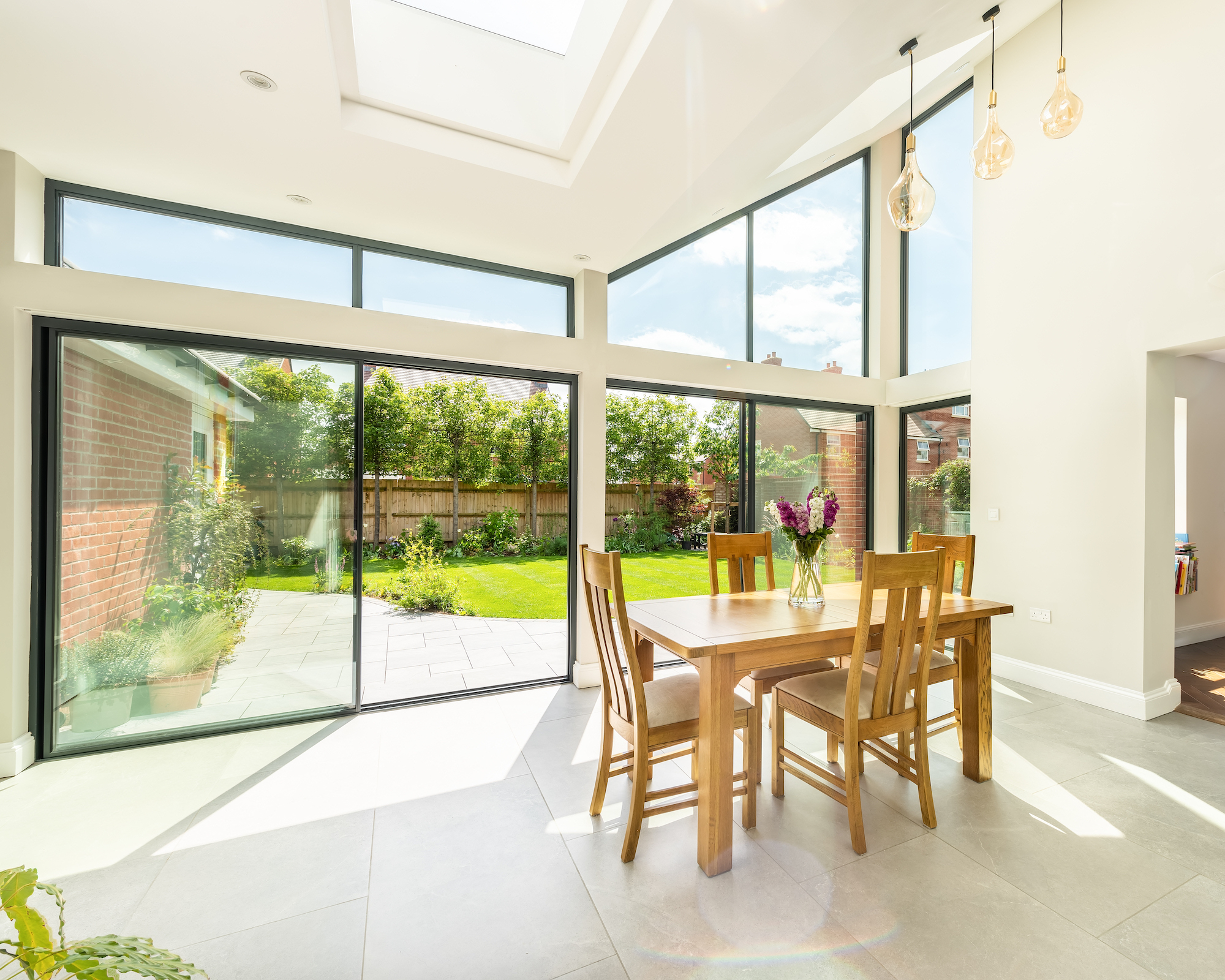
If you need to keep the interior of your home cooler, solar control glass might be the answer. The glazing reduces heat as well as glare from the sun that passes through the glass, but lets light in. The glazing has a coating that reflects a portion of the sun’s infrared radiation and it also absorbs some of the solar energy to reduce heat transfer to a room.
You could choose it to help keep a south-facing room at a comfortable temperature during the summer months, for a highly glazed area where overheating is anticipated to be a problem, or for rooflights, for instance.
If you need to cool a room and aren’t fitting new windows? Try solar control film instead; it can be applied to to existing glazing.
Shop for solar control film
4. Self-cleaning glass
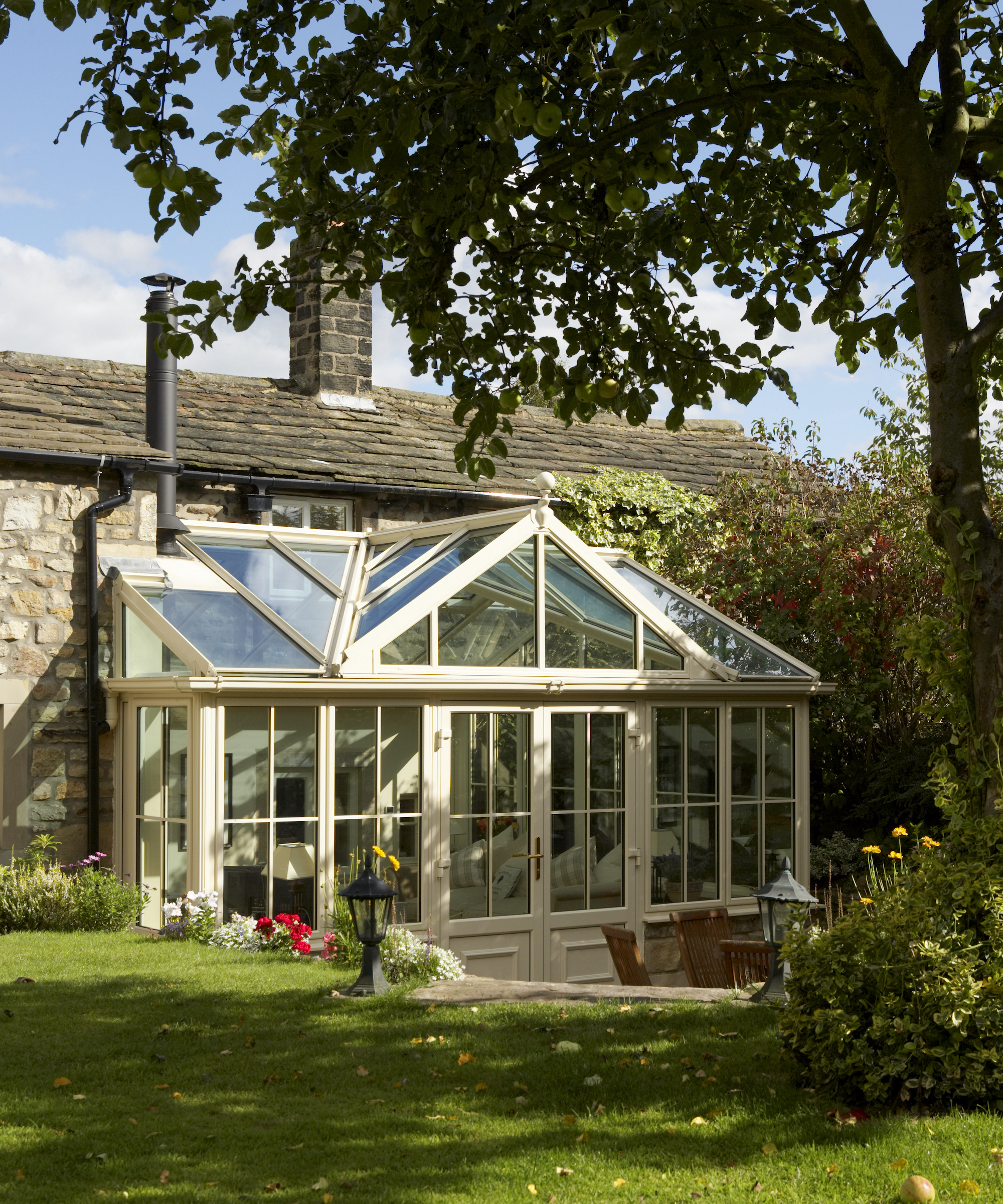
You can spare yourself a chore (or the cost of getting someone to do it for you) by choosing self-cleaning glazing for windows, pitched glass roofs or conservatories. It’s also ideal for inaccessible windows like skylights.
The coating on the external pane of glass reacts with daylight to break down and loosen dirt, then, when it rains, the water spreads over the glass, helping to wash any dirt away. And if it doesn’t rain for a while? The glass can be hosed with clean water.
5. Bird-protection glass
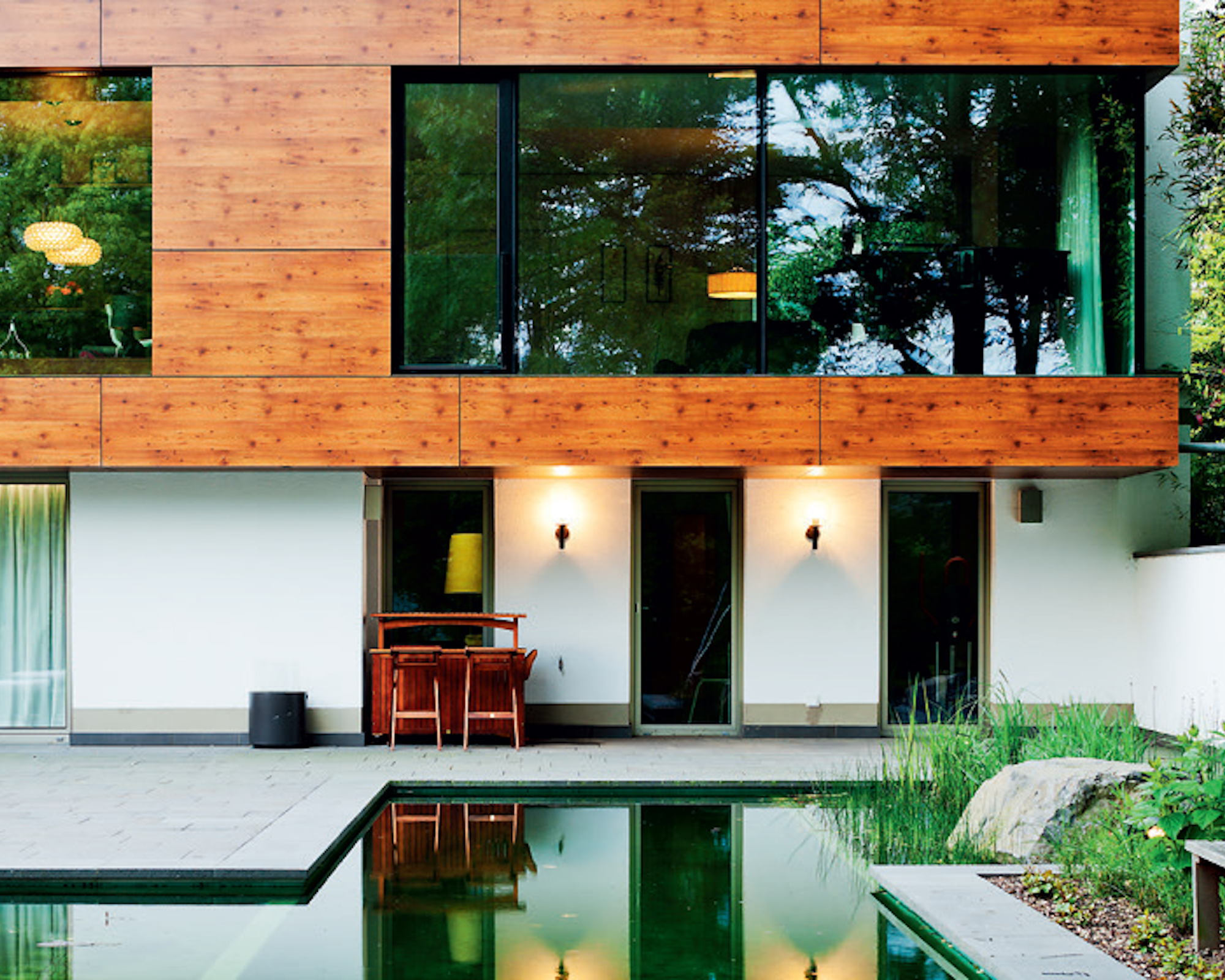
Birds flying into glass and being stunned, injured or killed by the impact is a frequent occurrence. Fit bird-protection glazing, though, and it helps them see it as the obstacle it is and avoid it.
A laminate within the glass units is the reason they can perceive the glazing. It makes a pattern that is visible under certain types of light that birds see and we don’t. Bird strikes can therefore be diminished but your view will still be good.
6. Acoustic glass
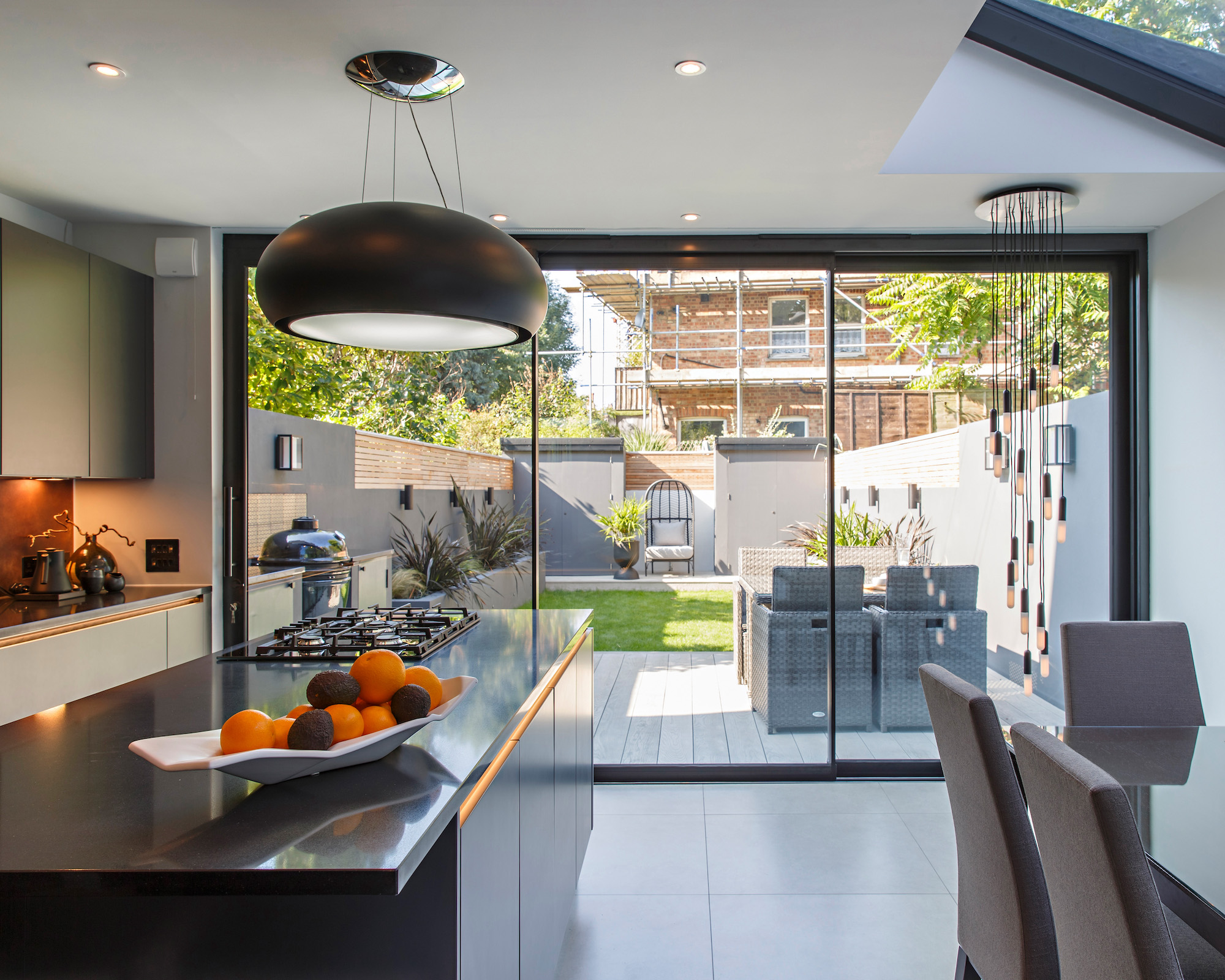
If you live near a noisy road or in a busy town or city, acoustic glass can be a boon. It can reduce noise by up to 50 decibels, depending on the specification of the glass, the size of the units and the type or frequency of the sound, explains Edward Stobart, technical sales manager at IDSystems.
“Acoustic glass is almost always double glazed and works by absorbing the vibrations caused when sound waves hit the glass, therefore reducing the sound that is transmitted through the glass to the other side,” Edward explains.
“To maximise the reduction in sound, double glazed acoustic glass is installed with two different thickness of glass which resonate at different frequencies and an argon gas filled cavity between, meaning more of the sound waves are absorbed,” he says. “In addition, by including laminated glass as one of the panes, this also significantly improves the acoustic performance.”

A long serving member of the IDSystems team, for the past 20 years Edward has advised and supported self-builders and renovators to identify the most suitable glazing options for their project. He has recently finished a complete renovation and remodel of his own home, transforming a tired 1960s house into a stylish modern family home. His expertise ensures that each project is equipped with cutting-edge, bespoke glazing designs that enhance both functionality and aesthetics.
7. Safety glass
The glazing you select can protect individuals from injury, and improve home window security. Although the glass used in doors and windows is strong, in some situations, the use of stronger safety glass is appropriate – think windows at low levels and glazing in doors, for instance.
There are two types on offer: laminated glass and toughened glass. Laminated glass is very hard to break, making it a good choice for security. However, if it is broken, its PVB (polyvinyl butyral) layer prevents its breaking into shards or shattering into little pieces, so it can be a great option to improve safety, too.
Toughened glass has up to five times the strength of standard glazing. It’s harder to break than laminated glass, and were it be broken, it shatters into small pieces rather than shards. It’s therefore typically chosen for safety reasons.
Shop for glass cleaners
While choosing the right window type is crucial for both aesthetic and practical reasons, make sure you think glazing, too, for optimum comfort and safety. And if you’re adding to your home, understanding which glass you need for an extension will ensure the new space meets all your expectations.
Sarah is a freelance journalist and editor writing for websites, national newspapers, and magazines. She’s spent most of her journalistic career specialising in homes.
She loves testing the latest home appliances and products, and investigating the benefits, costs and practicalities of home improvement. She is an experienced renovator and is currently remodelling the ground floor of her new home.
She was Executive Editor of Ideal Home and has worked for Your Home and Homes & Ideas. Her work has published by numerous titles, including The Guardian, channel4.com, Houzz, Grand Designs, Homes & Gardens, House Beautiful, Homes & Antiques, Real Homes, The English Home, Period Living, Beautiful Kitchens, Good Homes and Country Homes & Interiors.
